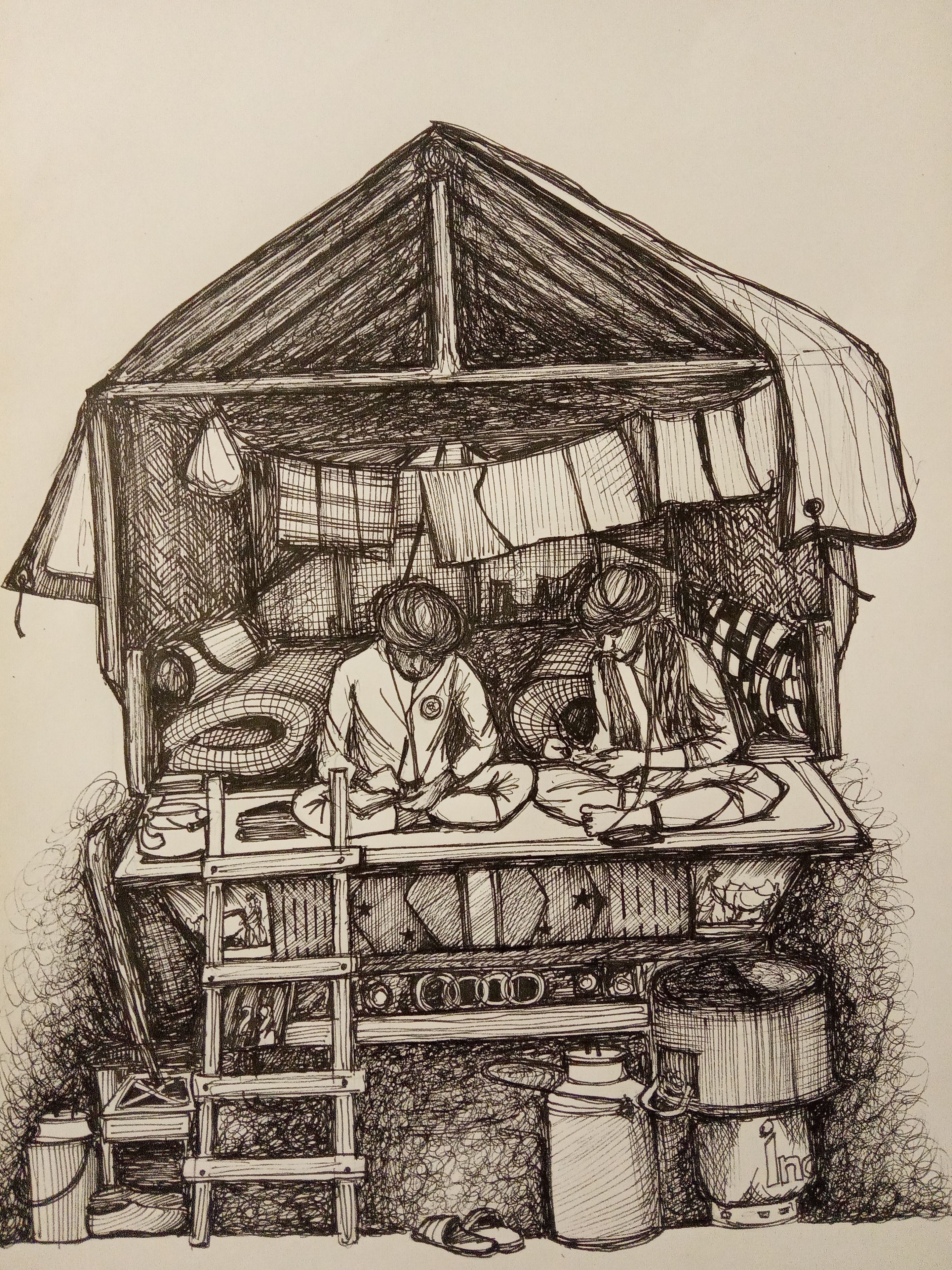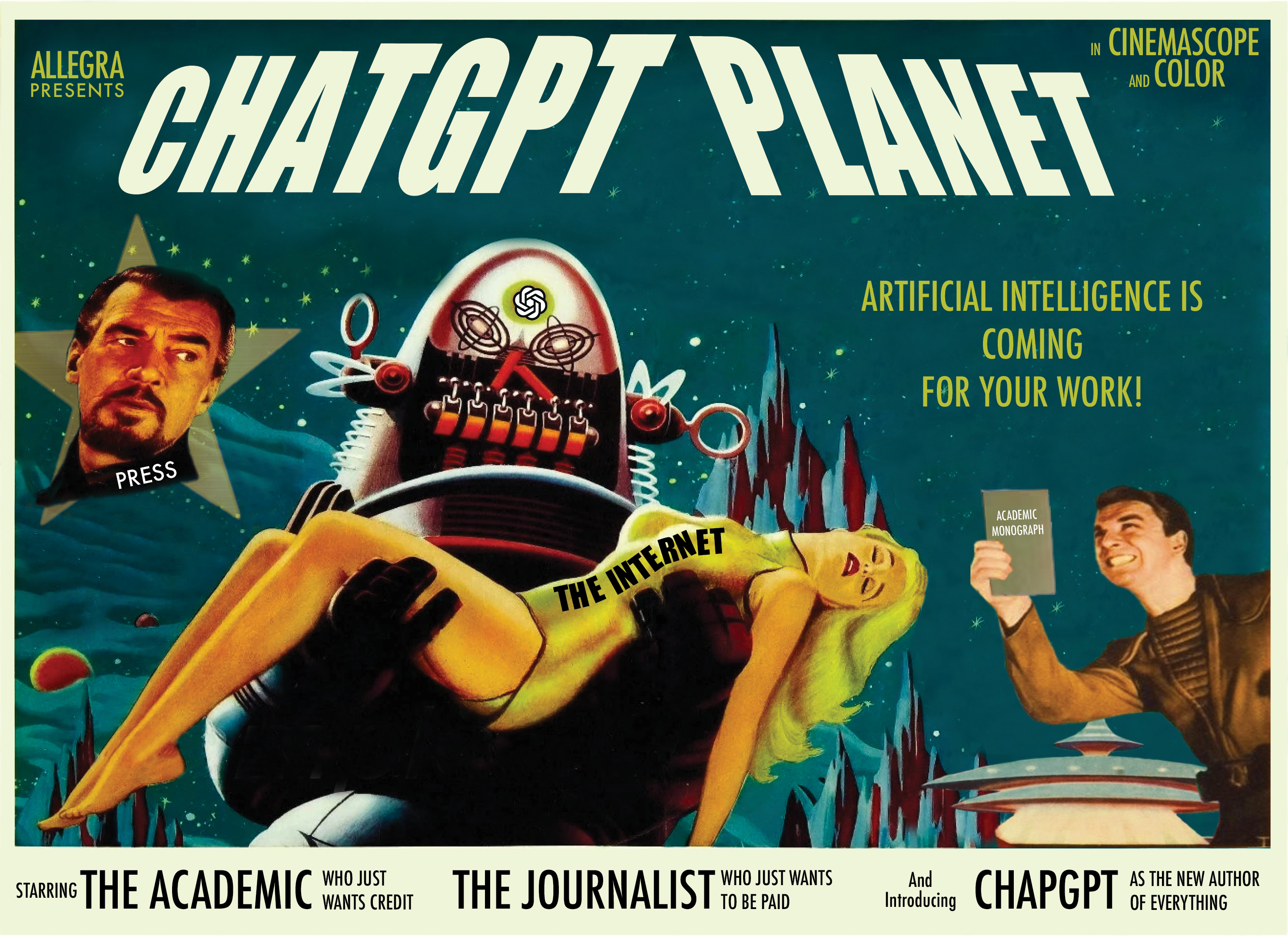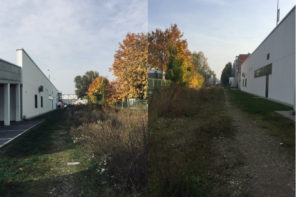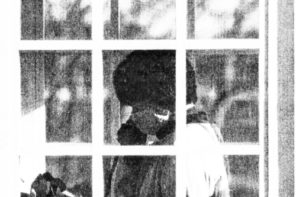In this short piece, I would like to consider a performative site that is often overlooked: that of the press conference. In particular, I want to think about a press conference filled not with politicians and military experts, but rather with entertainment journalists and musicians. Despite the burgeoning literature on popular culture, especially in Africa, very little has been written about press conferences, with scholars instead more interested in concert spaces, recording and radio studios, or filming sites. Here I attempt to think with and through press conferences. A site not quite of the performative – compared to concerts, for example – and not quite of the everyday. It is rather interstitial, which allows it to become a site of multiple performances by multiple actors aimed at multiple audiences. For although the press conference is normally convened to communicate a certain kind of message – in the case in question, as we will see, promoting the final concert of a months’ long musical competition – other kinds of messages and performances can slip in through the back door.
To set the stage: it was an afternoon in July 2012, and dozens of entertainment journalists milled around the pool of a high-end hotel in Kigali, Rwanda, waiting for the press conference to begin. The press conference was to welcome Jason Derulo, the American R&B singer – currently receiving heavy airplay with his latest single, “Want to Want me” – to Rwanda. He was the special guest star for the finale of Rwanda’s equivalent of American Idol, Primus Guma Guma Super Star (PGGSS), which I had been following as part of my PhD research on popular culture in the country. In 2012, the competition entered its second season. (2015 saw the competition enter its fifth.) Unlike Western reality music competitions, PGGSS pits the country’s most popular musicians against each other. PGGSS 2 had involved months of community activities – such as participating in umuganda, mandatory monthly community service, and attending genocide memorials – and roadshows around the country. In the final month, contestants returned to Kigali for a final round of “live” performances that were broadcast on RTV, the state-controlled television channel. Viewers voted through SMS or online. The winner would receive a prize package amounting to USD$32,000. At the time of the Jason Derulo press conference, the public had already narrowed the field down to two finalists: R&B singer King James and rapper Jay Polly.
The press conference in question, then, was ostensibly to welcome Derulo to Rwanda and to generate media coverage for the PGGSS 2 finale, which would involve not only crowning the PGGSS 2 winner, but also a concert by Derulo. Yet as it unfolded, the press conference became less about welcoming Derulo and more about local journalists and artists performing for each other, and attempting to secure or advance their standing in the local music scene. Journalists wanted recognition for introducing Derulo’s music to Rwandan audiences, or asked controversial – and sometimes ill-informed – questions about the artist’s personal life. In this sense, Rwandan journalists were attempting to incorporate Derulo into their musical system, which at the time involved certain kinds of bribes and a tabloid interest in artists’ personal lives. Yet, the press conference also became a site of other kinds of performances, as one young fan read Derulo’s presence in Rwanda as the result of divine intervention.
In this sense, I explore the press conference as a site of conflicting desires – for recognition, for power, for divine presence in the world – and relations, and consider what it reveals about the country’s nascent post-genocide music industry more broadly. The heterogeneous nature of press conferences, I suggest, is ripe for anthropological inquiry, and I hope my brief comments here prompt researchers, especially of popular culture, to pay them more careful attention.
Two hours after it was slated to begin, Derulo and his entourage strode into the hotel conference room and the press conference officially began. (While we were waiting for Derulo to arrive, local entertainment journalists spent the time chatting to each other and trading the latest entertainment news; one recently engaged friend took the opportunity to distribute wedding invitations.) The PGGSS 2 finalists King James and Jay Polly took their seats at the table next to Derulo, and large bottles of Primus, the local beer the competition was promoting, were placed strategically in front of them. After a few comments by a Bralirwa official – Bralirwa, a beer company, was sponsoring PGGSS 2 – and the contestants and Derulo, the floor was opened to questions from local journalists.
The first question was about Derulo’s first impressions of Rwanda, and what Rwandans could expect from him at the concert. (It was his first time in Africa, Derulo responded, he was very excited.) The journalist also asked King James and Jay Polly what they would do with the money if they won. (They would “help” people, they said, a routine answer.) The next question, however, was more surprising. A local journalist stood up and, after a meandering preamble, got to the point: “I was the first person to play your music in Rwanda. What will you give me?” Derulo was a bit taken aback by the question, and told the journalist he could only offer his thanks. The comment revealed, however, that the journalist was in a sense attempting to enter into a certain kind of relationship with Derulo, based on those prevalent within the local music industry at the time. In this logic, journalists expected artists to give them “bribes”, known in Kinyarwanda slang as igiti, to play their music on their radio programmes. Although igiti was seen by some journalists and those outside the music industry as corruption, it was a way for journalists, who were woefully underpaid by their stations, to make a living.
By essentially asking Derulo for igiti, the journalist attempted to make the American singer into a powerful patron who would recognise the journalist’s work in making him famous in the country. This play did not pay off, however, and the journalist in question was laughed at and later ridiculed for his arrogance and neediness.

Jason Derulo photographed by Thomas (Flickr, CC BY-NC 2.0)
Yet his plea for recognition set in motion a number of more confrontational questions. Another journalist linked Derulo’s fame to the downfall of his fellow R&B singer Chris Brown. Derulo became famous, he suggested, in 2009, at the same time that Brown was receiving negative publicity for physically assaulting his then girlfriend, Rihanna. Had Derulo taken advantage of Brown’s dip in popularity to establish himself? Derulo, annoyed by the question, denied this, saying that he would never take advantage of someone else’s pain to further his own career. We might see the question as revealing that local entertainment journalists were astute observers of the international entertainment media, and conceived of their own explanations for the rise and fall of certain artists. Many of them linked the transnational star system to Illuminati, and were convinced that a hidden, satanic network controlled who would and would not become rich and famous.
Perhaps the strangest moment of the press conference arose when a journalist asked Derulo about his sexuality. The journalist started by reading a quote from a publication he’d clearly found online. The gist of it was that in university Jason and his friend had made a bet about how many men they could sleep with in a week. “Jason, are you gay?” the journalist asked. He then asked Derulo to address allegations that he was the “master of Autotune”. Derulo was visibly offended by these questions. “First off, I’m not gay”, he stated, reminding everyone that he had an equally famous girlfriend (Jordan Sparks). The journalist, he said, had misquoted the article. He had once competed to see how many women he could sleep with. Regarding Autotune, he told the journalist to listen to his album and see for himself that he was a genuinely talented singer. “The master of Autotune – that’s T-Pain”, he retorted.
The journalist’s surprising questions seemed to be related to what sold in the local entertainment media. Websites and entertainment radio programmes were saturated with details about local stars’ private lives, and rumours occasionally circulated that a certain artist was gay. Although Derulo was not Rwandan, he was in Rwanda and therefore subject to local interview techniques
The journalist’s aggressive questioning, furthermore, seemed to be a performance not necessarily directed at Derulo, but rather at the other journalists in the room: he alone was going to ask the “tough” and controversial questions, and in so doing secure his reputation as a journalist intent on ferreting out “the truth”.
The press conference, however, was not just a grilling of Derulo. In other moments, his responses drew praise from the journalists. When one asked what he knew about Rwanda before arriving, Derulo responded by saying he knew the “heartache” and strength of Rwandans, and the inspiring way the country had developed after the genocide. This garnered applause from the audience. His response was also in contrast to other less informed celebrities who have visited the country. I was told that the featured artist of the first season of PGGSS, Sean Kingston, had not known about Rwanda’s past. When a journalist had asked him about the genocide, he replied that he didn’t know what the genocide was.
In this way, what should have been a routine press conference became the site of conflicting ideas about the relationship between celebrities and journalists, the (potentially) socially destructive nature of fame, and the thin line between public and private, rumour and “truth”. Some journalists took the press conference as an opportunity to advance their own standing, aspiring to transnational connections; others took it as an opportunity to secure their local reputation. At the same time, the press conference became a site wherein local artists could test international “super stars” about their interest in the country, in the aims of determining how much or how little they knew of Rwanda’s past and, depending on the answer, how deserving they were of local adoration.
Indeed, the relationship between local and international artists was a combative one. Before the press conference even began, journalists were issued a warning: do not ask Derulo how much he was getting paid for the Rwandan performance. Payment was a bone of contention amongst Rwandan artists.

Photo by Tracy O (Flickr, CC BY-SA 2.0)
They regularly complained to me that while they struggled to eke out a living, lucky if they made a few hundred dollars for a performance, international artists would be paid figures in the thousands and hundreds of thousands. At the press conference, I asked artists and journalists how big they thought Derulo’s paycheck would be. They estimated between USD$80,000 and $120,000. These sums were extraordinary in the country’s nascent post-genocide music industry, which had only emerged in the mid-2000s with the opening up of the country’s airwaves and the proliferation of small music studios. That Derulo was getting paid so much suggested to local artists that organisers did not value them, despite the fact that they were regularly asked to perform (often for free) at various local events. This was especially true of the government. It regularly used local artists to deliver particular kinds of “messages” – about HIV/AIDS awareness, for example, or family planning – to the country’s sizeable youth population. Yet even here, the government seemed to reward international artists more generously for their performances. One notable example of this was the 25th anniversary celebrations for the ruling RPF party in December 2012. The event was headlined by the famed Nigerian duo P Square, and although local artists also performed, it was widely believed they had been paid much, much less.
For some artists, their shoddy treatment seemed to call into question the government’s claims to rely on Rwandan solutions for Rwanda’s development. Although the government had no problem emphasizing the importance of Rwandan culture and “traditions” in its various programmes – gacaca, community courts used to try cases of genocide, for example, and umuganda, mentioned above, both drew on “traditional” models – this seemed less true when it came to recognizing local artists for their contributions. “Local”, it seemed, was a term determined by the state, and played out according to its logic.
In this sense, we can zoom out for a moment and think about these issues in Rwanda’s broader socio-political context. Critics accuse the government of maintaining an iron grip on the press, and point out that few journalists question the status quo. (Those who do are interrogated, forced to flee, or even killed.) “Official” press conferences in the country are rarely as riotous and controversial as the one described here. The PGGSS 2 press conference suggested that the country’s entertainment industry was less regulated than the “traditional” media, and that unorthodox voices were given space to speak. Yet the questions they asked – about receiving recognition, about sexuality and talent – were hardly political in any sense of the term.

Photo by Brian Solis (Flickr, CC BY 2.0)
What they did attest to, however, was an ongoing questioning of the nature of celebrity and success, and the kinds of relations that made them up. If journalism and celebrity were understood in terms of a reciprocal relationship, who and who was not holding up their end of the bargain? What kind of patrons were celebrities, and, by extension, the state?
Although I have focused so far on journalists at the press conference, they were not the only ones in attendance. As I was leaving the hotel, I ran into a friend who was with his teenage daughter. She had also been at the press conference, and I had not immediately recognised her. She was a huge Jason Derulo fan, her father told me, as she looked away shyly. “She doesn’t think that it was Guma Guma that brought Jason here”, her father continued. “She thinks that it was because of her prayers”. His daughter had been fervently praying for Derulo to visit Rwanda, and it was divine intervention, not Bralirwa, that had brought him to her. While the press conference was a site in which journalists could perform for each other, for my friend’s daughter it was a site for divinely inflected performance: for God to manifest Himself in the world through, unexpectedly, the arrival of an American “super star” in Kigali.
The press conference, in other words, can be the site of multiple messages, conversations, and debates. The divine can enter in the most unexpected of ways, and so too can local rivalries. I have tried to show how this particular press conference sheds light on Rwanda’s burgeoning entertainment industry more broadly, and how it revealed competing understandings of relations, and the obligations they entailed. It is my hunch that taking (entertainment) press conferences seriously elsewhere will prove similarly insightful.
Featured image by Pete (Flickr, CC BY 2.0)









